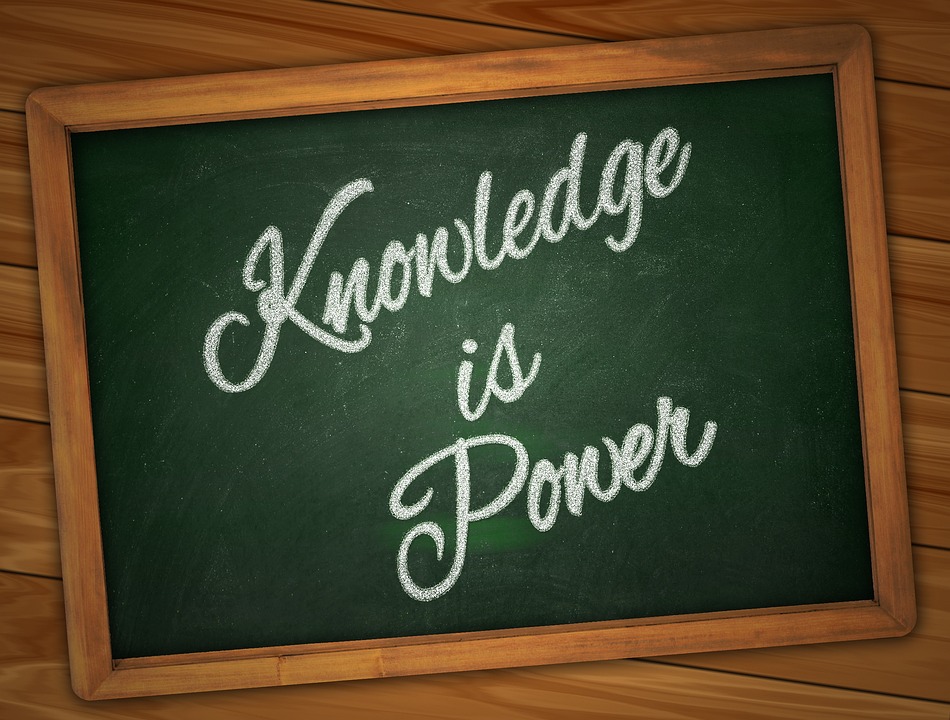1. Mindful Breathing: This exercise is perfect for children of all ages. It involves taking slow, deep breaths while focusing on the sensation of air moving in and out of the body. Encourage your child to imagine the breath as a wave, rising and falling with each inhale and exhale. This exercise is a great way to help children calm down when they’re feeling anxious or overwhelmed.
2. Body Scan: This exercise involves scanning the body from head to toe, noticing any areas of tension or discomfort. Encourage your child to take their time and really focus on each part of the body. This exercise is a great way to help children become more aware of their physical sensations and to learn how to release tension from the body.
3. Mindful Eating: This exercise involves taking the time to really savor and appreciate each bite of food. Encourage your child to notice the texture, taste, and smell of the food. This exercise is a great way to help children develop a sense of gratitude and appreciation for the things they have in their life.
4. Gratitude Practice: This exercise involves taking the time to reflect on the things we are grateful for in our lives. Encourage your child to make a list of things they are grateful for each day, or to simply take a moment to appreciate the people and things in their life. This exercise is a great way to help children develop a sense of positivity and gratitude.
5. Mindful Listening: This exercise involves taking the time to really listen to the sounds around us. Encourage your child to close their eyes and focus on the sounds they can hear, both near and far. This exercise is a great way to help children become more aware of their surroundings and to develop a sense of mindfulness in everyday life.
In conclusion, mindfulness exercises are a great way to help children cultivate inner peace and develop important life skills. By practicing these exercises regularly, children can learn to manage their emotions, reduce stress and anxiety, and develop a sense of gratitude and appreciation for the world around them.





